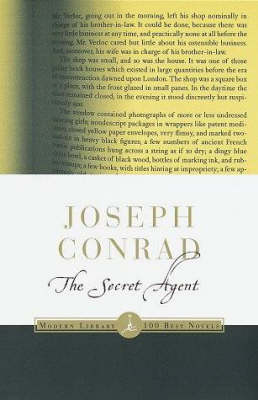Reviewed by clq on
Then everything changed.
The mood of the book changed drastically. The relatively lighthearted, almost superficial, story turned dark. It became intense, emotional and gripping. One passage in particular, which takes up most of the second half of the book, had me completely gripped. The situation isn't particularly dramatic, but the way in which it is recounted is extremely immersive. After reading it I felt like I'd been holding my breath for a few hours. A lot of time is spent describing a very sort passage of time, yet not a word is wasted. One of the characters is in an extremely fragile emotional state, and as they get closer and closer to the edge, I found myself dreading what would happen when they fell off it. But I had to know. I had to continue reading. Way past when I should have gone to sleep.
Concluding anything about this book is very difficult. Perhaps the start of the book was necessary for the rest of it to be so good. Maybe the contrast in mood and tone is what made the book have such an impact on me. I'm not sure whether I'd recommend it or not. I really, really didn't enjoy the first part of the book, and I'm finding it hard to describe how much I enjoyed the last part. Take from that what you will.
Reading updates
- Started reading
- 24 July, 2012: Finished reading
- 24 July, 2012: Reviewed
